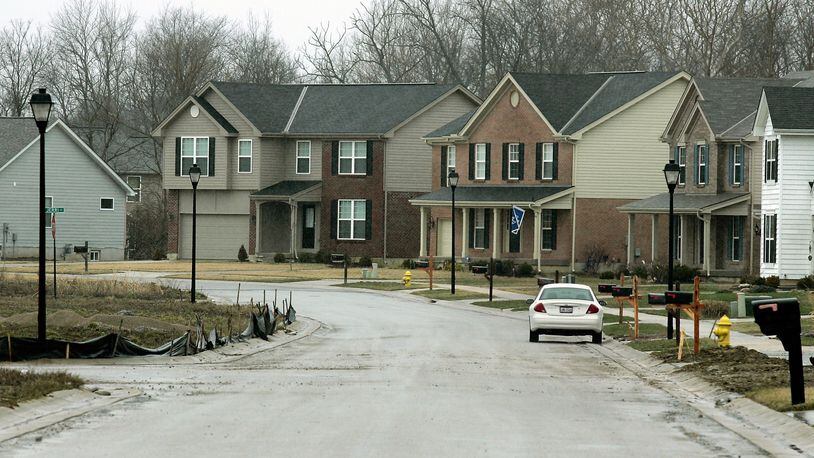“We’ve never done a housing plan before,” said City Manager Bill Brock.
The cost of the study is not to exceed $39,700 and has a target completion for July 2018.
City officials said the community housing plan will provide an assessment of current and future housing supply as well as unmet housing demand across various demographic categories and a comprehensive understanding of housing supply and demand over the next 15 years.
In his staff report, Brock said the report is intended to provide community-specific housing priorities and answer whether Monroe has or is developing adequate housing of all types — such as rental, market, assisted, senior, special needs, work force, young professional — to satisfy the needs of its residents now as well as in the future.
If not, Brock said the plan will address what housing is needed and what programs might be developed to meet these goals.
Since 2000, Brock said more than 2,000 single family housing permits and 300 multi-family housing permits has been issued which has resulted in Monroe becoming the fastest growing city in the region. However, much of the housing are similar in style and constructed within the same time frame. Brock also said there are more than 700 buildable lots left in the city, but many of the residential developments have completed their build out or are nearing it.
While some subdivisions have developable lots left, Brock said there are also variables such as house size, lot size, and/or senior friendly developer questions arise and have yet to be determined by city policy. He said city staff has continually asked various developers for construction of “move up” housing, with a price point of more than $500,000 in an effort to diversify and provide a different housing stock that could provide housing to keep and continue to attract business professionals, etc.
He said staff has been told by residential developers state that Monroe does not have the market to attract upper end housing while our neighbors seem to capture such development. Brock said there have been discussions about senior living in smaller housing than is typically permitted as well as possible multi-family options to support young professional, family, and/or senior lifestyles.
About the Author
